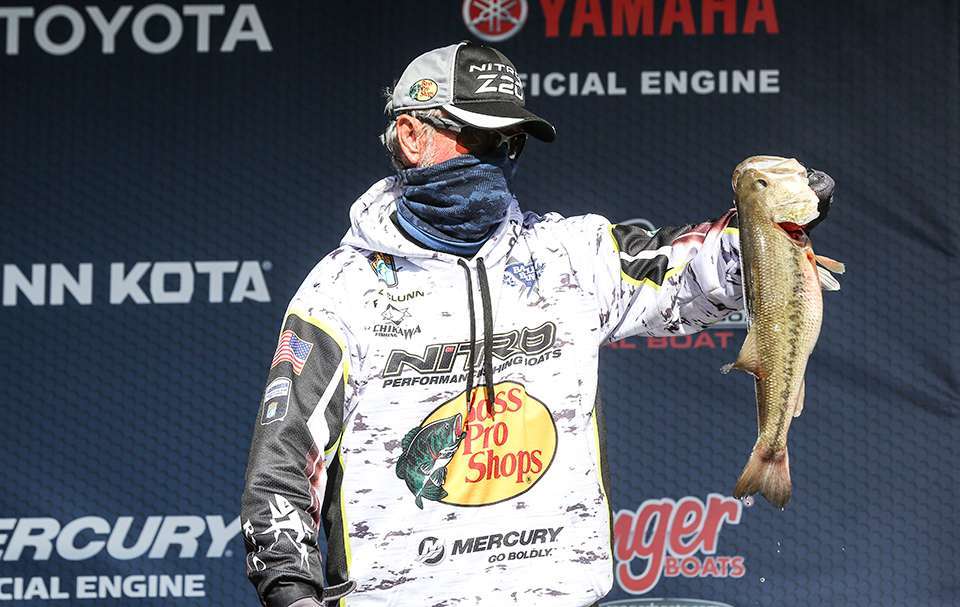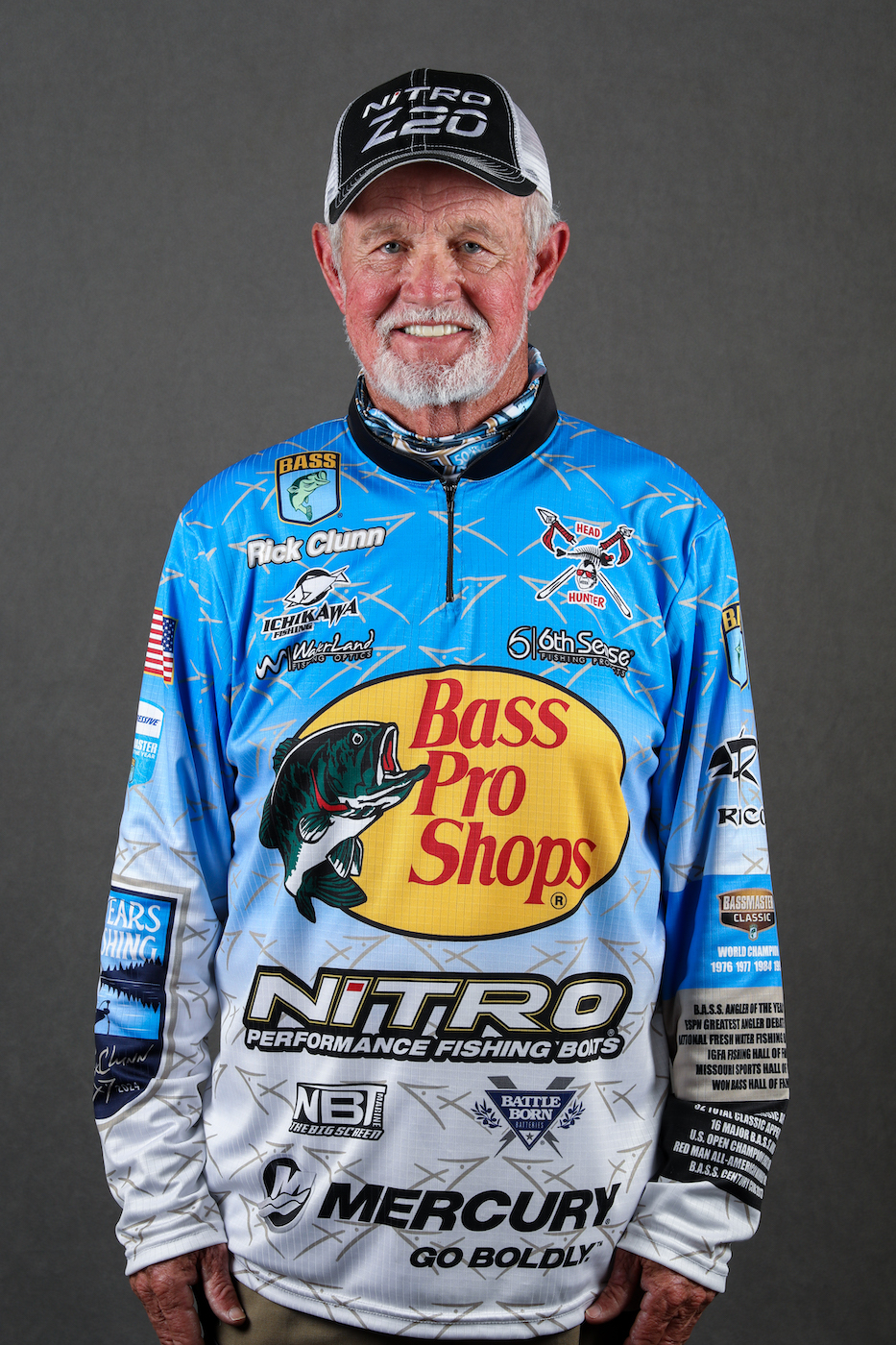
You’ve probably heard anglers say they learn something every time they’re on the water. Sometimes those lessons come the hard way.
I’ve been doing this for decades and have learned a lot over the years, but even I have those moments when the lessons occur after the fact.
The first two Elite tournaments of 2021 were prime examples. I had horrible tournaments because I relied on the wrong tactics during practice.
Instead of practicing for the bedding bass/cold front conditions we would face during competition, I power fished hoping to get a few bites and gain confidence in an area.
Because of that mindset, I blew through those same areas in practice where three of the Top 10 finishers caught their fish during competition.
I’ve always believed that if I power fish through an area and get a couple of bites, I can go back through there with slower presentations and get more. So I spent my practice thinking the more water I covered, the more likely I would find that wad of fish that would carry me into the finals.
But that didn’t happen. The successful guys fishing the same areas fished more methodically. They made multiple casts at key targets, and that’s how they caught their fish.
If I would have slowed down in practice, I might have figured that out, settled into those same areas and had more success.
Aggressive anglers are always looking for that magical school of fish that helps us win. But man, that can really get you in trouble, especially if conditions are going to change during competition.
So, look ahead of the practice period; spend your practice time using tactics that match the conditions you’ll face in the tournament.
You can catch fish with power fishing as the front approaches, but understand that when the wind dies and you get bluebird skies and a high barometer, you’ve got to slow down.
When the forecast calls for a cold front, don’t waste practice time running around looking for that sweet spot. Remain focused on the stuff that’s going to be your best bet when the front shuts down the aggressive bite.
Go to key areas, be it points, fallen trees, jetties, bridges, etc. – places you know hold fish then bear down on those places. Try slow-rolling a spinnerbait, flip a jig or cast a worm, but do it methodically and repetitively.
Don’t fish anything that is not a prime target; when you find it, hit it from various angles. Be persistent and precise.
Regardless of whether you’re practicing for a tournament or recreational fishing, don’t get impatient when faced with tough conditions. Bear down and coax the bass into biting, and you can turn a bad day into a better one.





